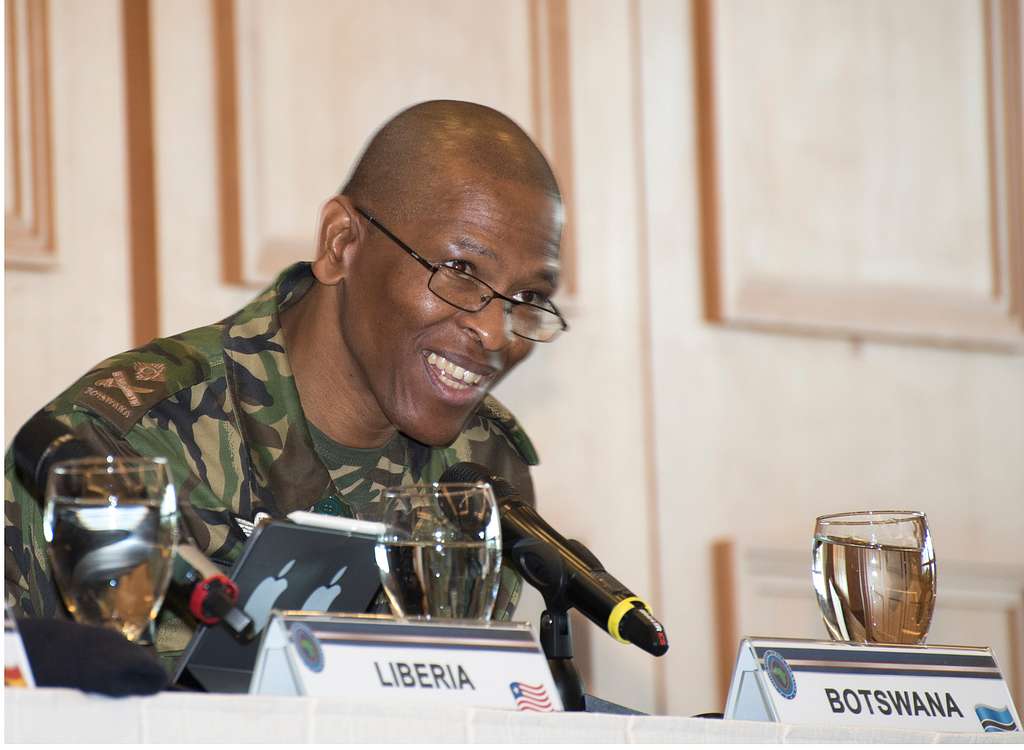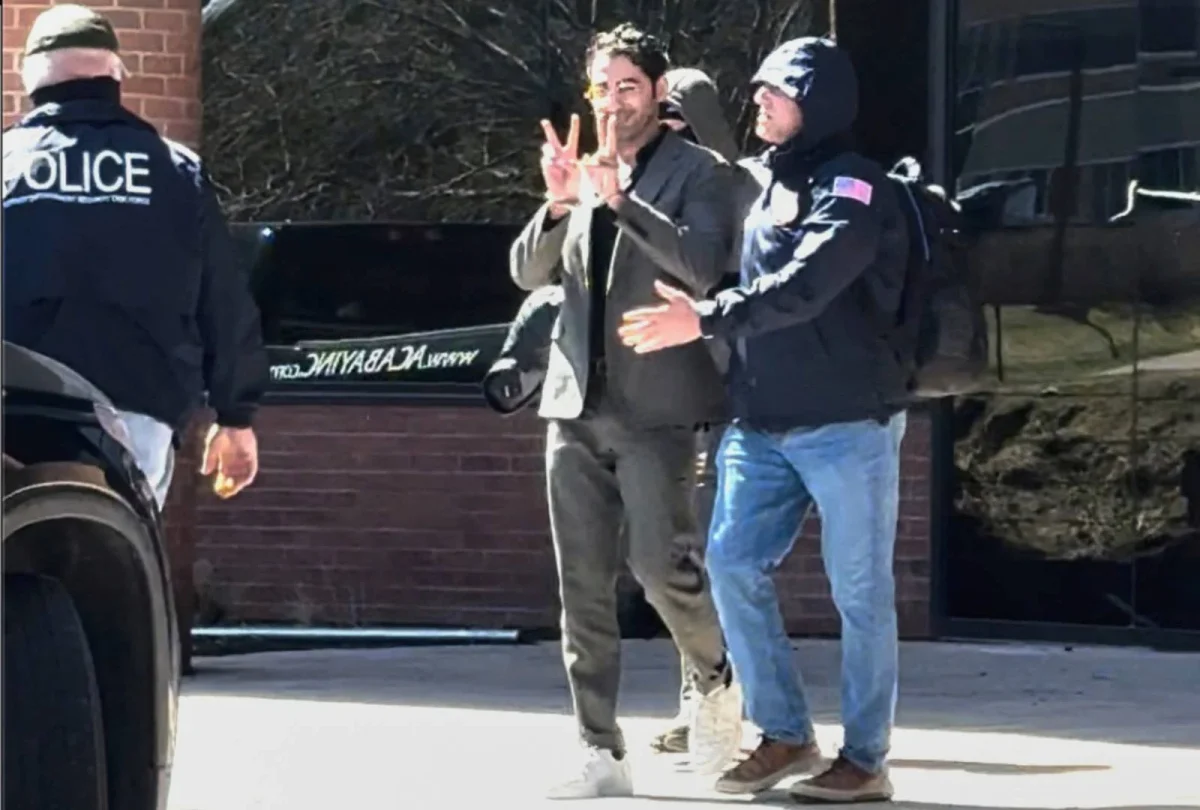Aaliyah Singleton | Staff Writer
On Friday, President Obama spoke about coming changes to the National Security Agency (NSA). This move follows months of inaction after the infamous Edward Snowden revealed that the government agency was collecting data from our cell phones.
Recently, there has also been much debate over the apparent apathy shown by Millennials and minorities towards the NSA leaking details, but specifically African-Americans. According to a Washington Post Pew Research poll, 56 percent of Americans view the NSA’s snooping as “acceptable.” The poll also stated 55 percent of African Americans support the actions of the NSA with the belief that the security of the nation does carry more weight than some individual privacies.
Many speculate that Americans feel this way due to the belief that they are already being tracked by sites such as Google and Facebook, both websites have conceded to collecting and snooping through user data. In many ways, Americans seem more comfortable allowing the NSA to snoop on them due to the precautionary nature of the NSA, rather than Facebook, which many believe have no reason or need for their personal information. Dr. Randy Avent, Associate Vice Chancellor of Research at NCSU’s NSA-funded Laboratory for Analytic Science agrees, ” whether we know it or not companies today track everything we do; from our buying habits to what we post about on social media sites these companies are looking for any, and everything they can to get to your money.” Indeed in today’s post 9/11 America, the impact of social media and attempts to counter terrorism through tracking has led to the onset of a more lax attitude towards privacy.
For African-Americans who have known about the intense surveillance capabilities of the US government this comes as no surprise. During the Civil Rights Movement the federal government kept a close eye on the leaders of the Movement including, and most noticeably, Rev. Dr. Martin Luther King Jr., one of the Movement’s most iconic faces.
Millennials it seems, have no problem with the government accessing their phone records in the interest of national security due to the seemingly dull nature of their lives. With so much put into social media platforms and tracking technologies used by web advertisers as well as government officials since the Bush administration, younger generations of Americans understand that there are technological risks to the use of smartphones, tablets, computers and many other types of technology. However many speculate that the reason so many young people are not up in arms over the issue is due to a sense of innocence, meaning if one has done nothing wrong then it doesn’t really matter if the NSA or anyone else for that matter is spying on us or not.
Many believe that due to the mundane nature of our normal lives even if we are listened to on a regular basis there surely wouldn’t be much in these day-to-day conversations. According to Barry Saunders, a columnist with the News & Observer, “For most of us, if President Barack Obama visited our cribs with a tape recorder – because after all, he’s personally sitting there eavesdropping on us – and replayed for us a week of our phone conversations, we would be mortified by the mundanity [of our lives].”
Avent agrees, “The public really shouldn’t be worried, I can assure you, a lot of these retail and big tech companies that we supposedly love so much care a lot more about the daily happenings of your life than the NSA does, or probably ever will for that matter.” Avent continues, while offering a more practical view of the NSA”
Collecting data is only a small fraction of the things the NSA works on, for instance its research lab is currently looking at a lot of issues that deal not with who was texting whom, but analyzing the strategies that could potentially shape the fields of marketing, healthcare, and of course national security to a much lesser extent. But really, imagine how much data they have to go through to look for a single IED in Afghanistan, no one has the time to go through the millions of bits of personal, irrelevant data that also gets collected. These are professionals that are looking for specific codes and information that is pertinent to national and global security, thus no one should be overly worried because these people honestly have no interest in the happenings of our everyday lives.
While many pundits feel as though African-Americans and other Millennials are apathetic or even ignorant of the real problem of mass government surveillance, this is largely not the case. Indeed there is a degree of real danger in a Big Brother-esque government institution, but many of these fears are overblown and amounts to mostly widespread hysteria. For our generation, there will come a time when we will be the ones to decide how much is too much in terms of using mass surveillance as a counter-terrorism tool, thus we must keep up with the actions on Capitol Hill, but we must also not get swept up in all the hysteria of being wary.




